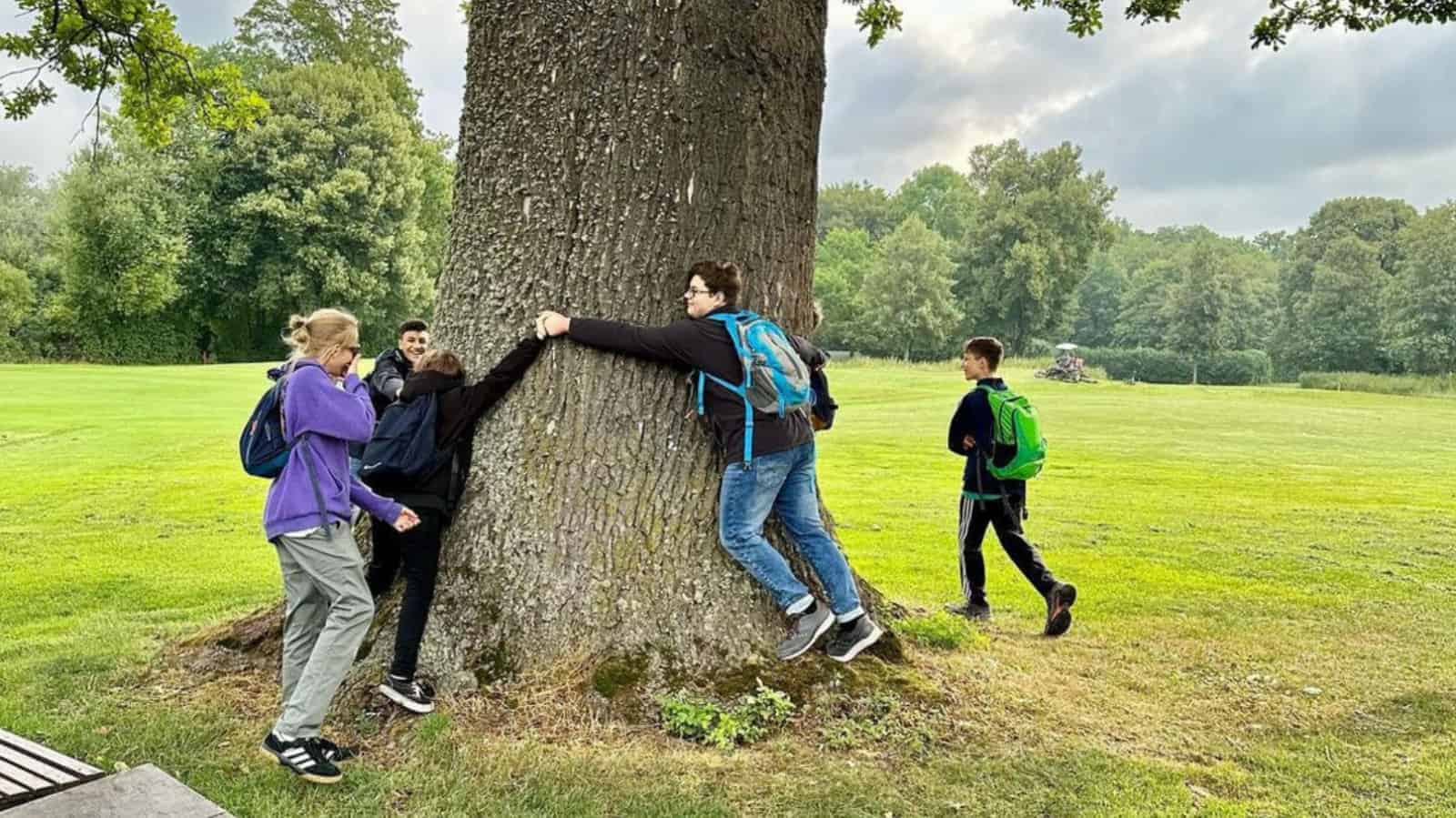Lexicon: Social sustainability in golf
In addition to the ecological and economic components, social sustainability also plays a key role as the third pillar of sustainability in golf.
The United Nations (UN) 2030 Agenda developed in 2015 with its 17 Sustainable Development Goals (SDGs) essentially forms the umbrella for all areas of society and therefore also for sport. The British organization Global Sustainable Sport (GSS) is also guided by these goals in its seven “sustainable pillars of sport”.
The UN Sport for Climate Action Framework launched in 2016 by the United Nations Framework Convention on Climate Change (UNFCCC) and some of the leading sports organizations, the Environmental, Social and Governance (ESG) framework, global sustainability certification programs and organizations, and ISO 20121 certification also play a role.
Seven pillars
GSS formulates a common framework and classifies sustainability in all three areas with concrete results from surveys with academics and sports stakeholders within the seven GSS Sustainable Pillars of Sport. In addition to surveys, reports and training courses, companies are also supported in the development of sustainability strategies or accompanied on their way to becoming so-called Champions of Sustainability with workshops or educational programs.
Partnerships, participation, people, planet, power, profile and prosperity are the categories of the seven pillars. While the Planet area primarily relates to environmental sustainability, the other six areas of partnerships (sport should bring people together), participation (health and wellbeing), people (reducing inequality and promoting education and diversity, etc.), power (peace-building role), profile (promoting sustainability) and prosperity (e.g. responsible consumption, decent work) formulate social goals.
Recommendations for social sustainability in sport can also be found in the new EU Green Sport Playbook, which the European Commission published in December 2023
Prime examples in golf
In the second edition of its “Sustainable Golf Development” guidelines, the international non-profit organization GEO Foundation for Sustainable Golf presents examples of golf course projects that are cited as prime examples of sustainability. This also includes many projects in the area of social sustainability, which have been implemented on around 34,000 golf courses in 207 countries. Courses in public or municipal ownership and with free access (e.g. Jamor in Portugal, Ksirovka in the Czech Republic) are listed here, as are offers for special target groups (e.g. North Berwick Golf Club in Scotland with its nine-hole children’s course, FootGolf at the Algarve Tennis & Fitness Club), golfers with disabilities (programs or events of the European Disabled Golf Association/EDGA) or commercial offers (e.g. Topgolf).
“Golf is open to all” – this is the motto under which the R&A operates in its sustainability programs in the area of social sustainability. The R&A Foundation is committed to making golf courses accessible to all social classes and age groups. It provides financial and organizational support for programmes such as “Golf it!” (golf and leisure concept for the whole family) and finances EDGA projects. The latter is made up of twenty national golf associations worldwide, is a non-governmental, non-profit organization that supports the interests of golfers with disabilities, organizes its own tournament series and maintains its own world golf rankings(WR4GD Rankings).
R&A campaigns such as #FOREeveryone are committed to getting more women and girls involved in sport. When it comes to inclusion, national golf associations in particular are the point of contact for further information and projects (e.g. the German Golf Association at Golf & Inclusion). In practice, there are now more and more golf clubs that offer inclusive training groups and tournaments (such as the “Handicap Stars” at Golfclub München Aschheim).









